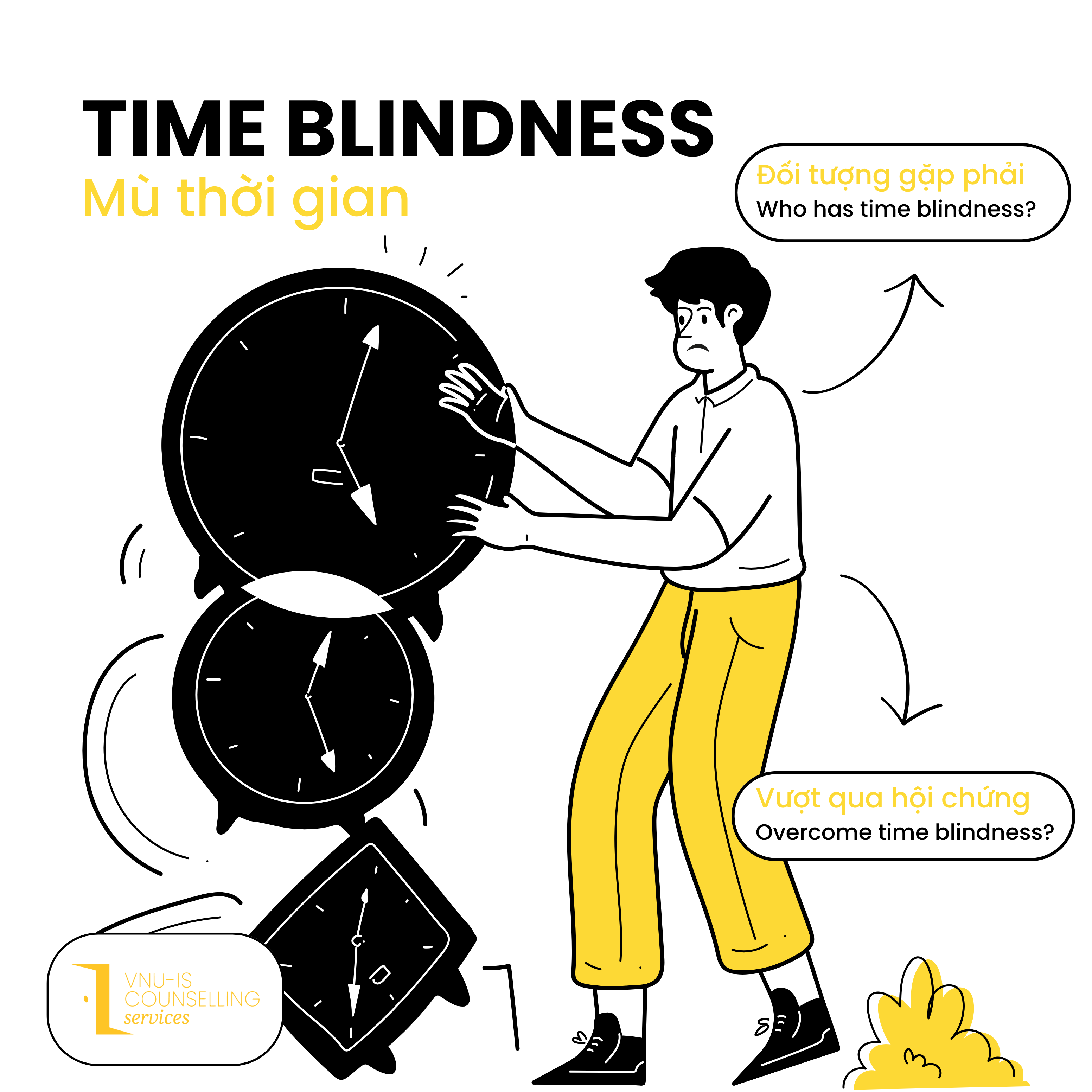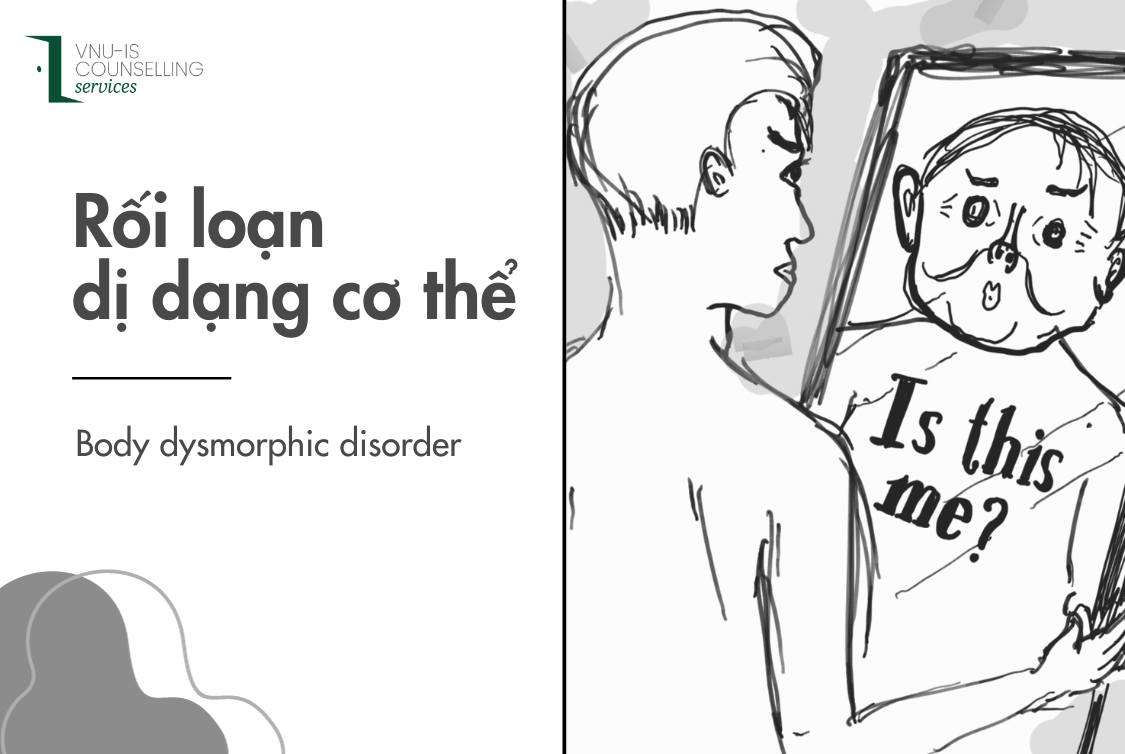
Do you arrive late for everything or, on the other hand, arrive too early because you don’t know how else to avoid being late?
Do you underestimate how long it will take you to complete tasks you do regularly?
Do you constantly miss deadlines, bill payments, or appointments?
Do you often think that someone sent you a text or email “just the other day” only to discover that it was sent days or even weeks earlier?
Do you regularly feel like time is slipping through your fingers?
If you answered yes to most of these questions, you might be time blind.
Time blindness is the chronic inability to track the passage of time, and it can affect everything about a person’s relationship to their past, present, and future: the past because they struggle to remember how long ago something happened, the present because they can’t tell how quickly time is passing, and the future because they have trouble predicting their feelings and needs.
Being time blind can have a devastating impact on a person’s education, career, and personal life. Because time awareness comes naturally to most people, those who are time blind can be misjudged as uncaring, lazy, or irresponsible, which can lead to feelings of inadequacy and sometimes even thoughts of self-harm.
Who experiences time blindness?
Everyone loses track of time once in a while during periods of intense focus. Experiences like these become time blindness, though, when they’re persistent and occur to a degree that interferes with a person’s life. Although time blindness can manifest in anyone with impairment in executive functions stemming from the frontal lobe area of their brain, time blindness is commonly associated with attention deficit hyperactivity disorder. It has also been linked with autism, anxiety, depression, obsessive-compulsive disorder, grief, alcohol use disorder, and traumatic brain injury. What all of these conditions have in common is, as mentioned above, that they impair executive functioning, the ability to regulate emotions, thoughts, and actions.
How can you overcome time blindness?
- Wear a watch, preferably analog. Simply wearing a watch can increase the presence of time in your life and bring you back into the moment when you get distracted. An analog watch in particular, which makes the movement of time visible and places the current time in relation to past and future, can help you work out whether you’re early or late more easily than a digital watch.
- Avoid time sucks. People with executive dysfunction tend to hyperfocus on activities they enjoy to the point that they completely lose track of time. If you know you get captivated by a particular activity, avoid it when you have time-sensitive tasks on your agenda. It’s much easier not to start an engrossing activity than it is to stop once you’ve started.
- Set reminders. Alarms can tell you when to get started on a task, and timers can help you monitor how long you’ve spent on a task already. This divides your day into chunks so you can work in short, productive increments that don’t overwhelm you.
- Change your focus time. Move up the time you associate with events to help stay on schedule. If work starts at 9 a.m., don't focus on 8:30 a.m., when you have to leave. Focus instead on 8:00 a.m., when you have to start getting ready. This mental trick can get you moving earlier and out the door on time.
- Start a time log. If you aren’t good at predicting how long a task will take, time yourself doing it and log the time you spend in a spreadsheet or time-tracking app. Eventually, you’ll have a record of how long your daily activities really take, which will help you make more realistic schedules for yourself in the future.
- Build in buffer time. Overscheduling yourself is a recipe for disaster, especially when you struggle with time perception. When scheduling your day, build in more time than you need for each activity to give yourself some flexibility. And don’t forget to leave room for breaks and fun.
Top















